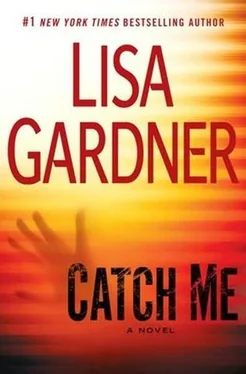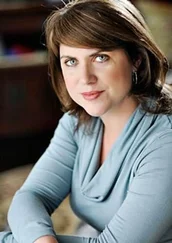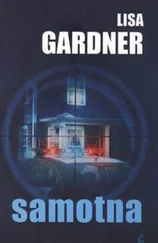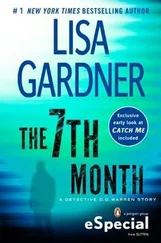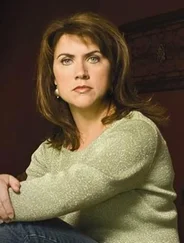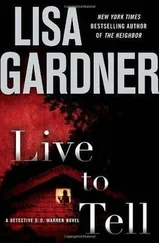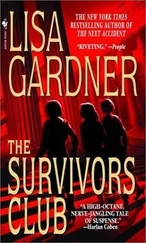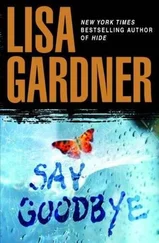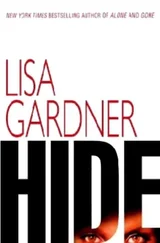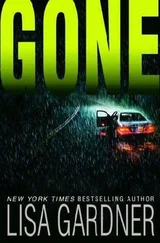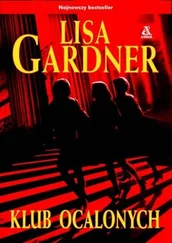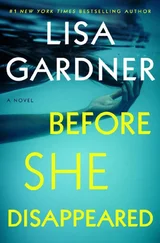“Gotta piss,” Barry said abruptly.
Jesse looked up. They were no longer outside the library. They were no longer on Boylston Street. “What?” He let the phone fall down to his side. For the first time, he didn’t feel so good about things. Jesse wasn’t allowed to wander alone in the big city. Jesse didn’t want to wander alone in the big city.
“Gonna piss. You know, waggle the willie, wet the snake, walk the dog.” The older boy took back his phone, started unsnapping his jeans.
Jesse looked away, nervousness growing. They seemed to be behind one of the restaurants, next to some Dumpsters. The smell hit him at the same time as his fear, and he recoiled, took a step.
“What? It’s nothing but us boys here. That a problem for you?”
Jesse shook his head, but he still didn’t look up. He was sweating. Could feel it suddenly streaking down his face, neck, the small of his back. His stomach roiled. He didn’t feel good. Couldn’t say why, but he did not feel good.
Barry had his pants down; he was holding his privates.
“Come on, Jesse. Sheesh. Just a penis; you got one, too, right?”
“I want to go home,” Jesse whispered.
Then Barry said, in a voice Jesse hadn’t heard before, “Well you should’ve thought of that about thirty minutes ago. Before you left the library with someone you’d never met before.”
Jesse looked up then. He looked straight into the eyes of Stranger Danger, and he suddenly understood everything his mother had ever told him, every mistake he’d ever made, every bad thing that was about to happen to him.
Just as another voice said, “What’cha doing, boys?”
Jesse turned around to find the woman right behind him. She had brown hair scraped back into a ponytail and the scariest blue eyes he’d ever seen. Jesse registered two things at once. She was smiling at him in a way that had him just as uncomfortable as the boy Barry did, and she was holding a gun.
She looked right at Jesse, put a finger to her lips. “Shhh.”
Then she turned to the older boy.
“What the fuck,” Barry said.
“Pink Poodle, I presume?”
“Who the hell are you?”
“Helmet Hippo. I’ve been watching you. You are a very naughty boy.”
The gun came up. The older boy stepped back.
At the last second, Jesse closed his eyes. At the last second, Jesse covered his ears.
He still heard:
“Wait, wait. What the hell. I’m just a kid-”
“Everyone dies sometime.”
“I didn’t. I never. I didn’t mean-”
“Be brave.”
“Wait! I’ll stop, I’ll change, I swear! I’m just a kid! Wait-”
A sound, somewhere between a pop and boom. Once. Twice.
Then nothing.
Jesse counted to five. Then slowly, he opened his eyes. He saw the older boy’s feet poking out from behind the Dumpster. He saw the woman bending over those feet.
Then the woman straightened, slipped her gun into a leather bag on her hip, and turned toward Jesse.
He whimpered, stepped back.
But she merely smiled at him, extending a hand as if in greeting.
“Hello,” she said. “Have we met yet? Don’t worry. My name is Abigail.”
I DON’T REMEMBER MAKING IT HOME from BPD headquarters. I suppose Tulip and I managed the subway. In the constant stream of humanity boarding the late afternoon train, it’s easy enough to slip through, for a woman and a dog to go unnoticed.
We would’ve taken the orange line from Roxbury to Downtown Crossing, then changed to the red line for Harvard square. The transfer station at Downtown Crossing would’ve been a hot, crowded mess, filled with people already glazed over from the day’s events, moving on autopilot, just wanting to go home.
We would’ve walked twelve minutes from Harvard Square, up Garden Street past the snow-covered Cambridge Commons, left onto Concord Avenue, right at the parking lot for the Harvard College Observatory, onto Madison. Or maybe we ran. Not the best sidewalks; footing would’ve been treacherous given first the soft snowflakes, then a sharper, icier drizzle that would’ve pelted the top of our down-turned heads and turned the brick pavers at Harvard Square into a particularly slippery mess.
I don’t remember, my memory having one of its fickle moments. The price of forgetting. The ongoing cost of coping with a childhood that should’ve broken me but didn’t. I must have gone home, though. Right? Where else would I have gone from police headquarters? What else would I have done?
* * *
I SLEPT. I know that much. At a certain point, I was in my own room in my own bed, Tulip nestled beside me, back to back. I woke up once, noted the clock reading 8 P.M., and was grateful, after the past forty-eight hours, that I didn’t have work. Then my eyes closed and I had the craziest dream.
My mother was in the backyard. She had a shovel. She was digging a hole. It was dark and stormy out. Rain lashing, wind whipping. A flashlight stood upright on the ground next to her, illuminating pelting raindrops, wind-tossed debris. From time to time, the blade of the shovel would catch the faint yellow beam, wink in the light. Up, down. Up, down.
I stood at a window. It was tall for me. I was on my tippy toes so I could peer out, and I’d been watching for a while, because my toes ached and my calves burned, but I couldn’t stop looking. The wink of the spade. Up, down. Up, down.
My mother wore her favorite nightgown. It was pale yellow with tiny blue flowers and green leaves. The rain had plastered it to her skinny frame, molding wiry legs and whip-thin arms as she bent and heaved spadefuls of dirt. Her long brown hair was loose, wet hanks stuck to her hollowed out cheeks.
Up, down. Up, down.
The hole grew bigger. Not too big. Big enough.
Then, the baby, crying down the hall.
My mother heard it at the same time I did. Her head came up. The shovel stilled in her hands. She turned toward the window. She looked right at me. She smiled, her mouth a gaping black maw, and her hair suddenly turned to hissing snakes around her head.
I let go of the windowsill. I fell back. Bumped my head against a coffee table, but I didn’t cry out. I scrambled to my little feet and I began to run.
Down the hall. Baby crying.
Had to get there first.
The creak of the back door opening. My mother, stepping through the back door into the filthy little kitchen, bare, boney feet caked with mud.
Down the hall. Baby crying.
Had to get there first.
My fisted hands chugged. My little knees went up and down as fast as my mother’s spade had. Running, running, running. Hearing my panting breath, feeling my pounding chest. Running, running, running.
“Charlie,” my mother sang out behind me. “Come out, come out, wherever you are.”
Down the hall. Baby crying.
Had to get there first.
“Come to your mommy, Charlie. Remember Charlie…Don’t make me angry.”
Then I was there, yanking open the closet door. No crib. No bassinet. A dresser drawer, padded with blankets and placed on the floor.
Footsteps, closer. Steady. Sure.
“Come out, come out, wherever you are.”
The wink of the shovel blade, up, down, up down, up down.
I scooped up the baby, grabbed the pile of blankets, and ran for the front door. I bolted out into the wild night. Whipping wind. Lashing rain. Thundering sky. Couldn’t notice. Couldn’t care.
“Charlie. I see you. Charlie! Don’t make me angry…”
I headed straight into the woods. Knew where I was going. Practiced this. Had known. Had to try. Had to do something. With my small little hands and my small little legs, but my big heart, nearly bursting in my chest.
Читать дальше
